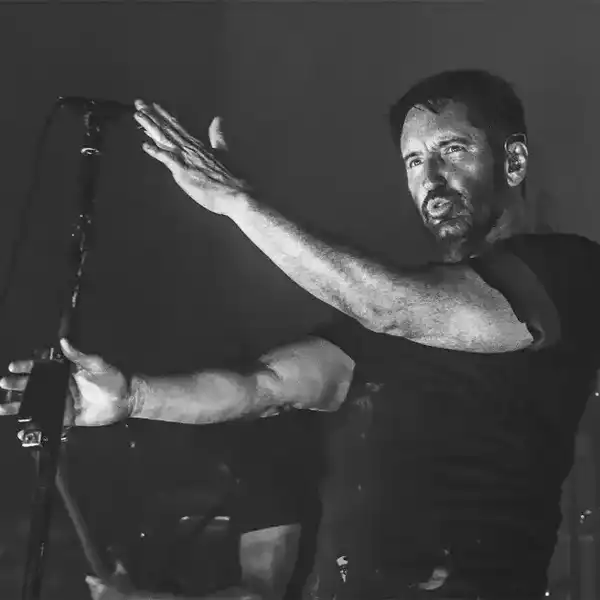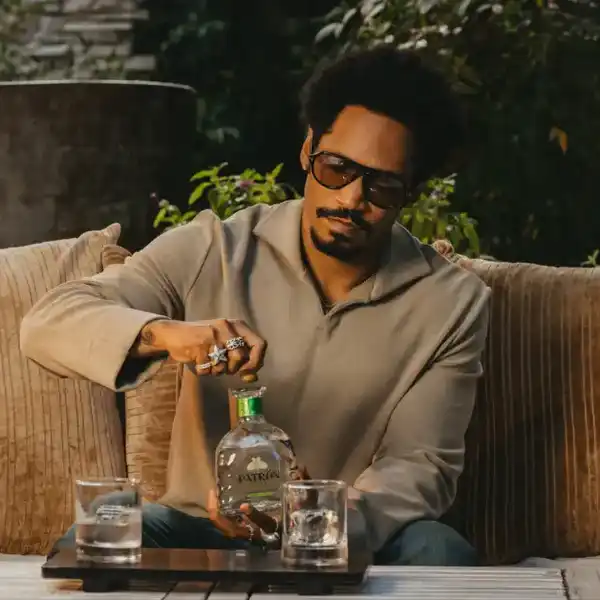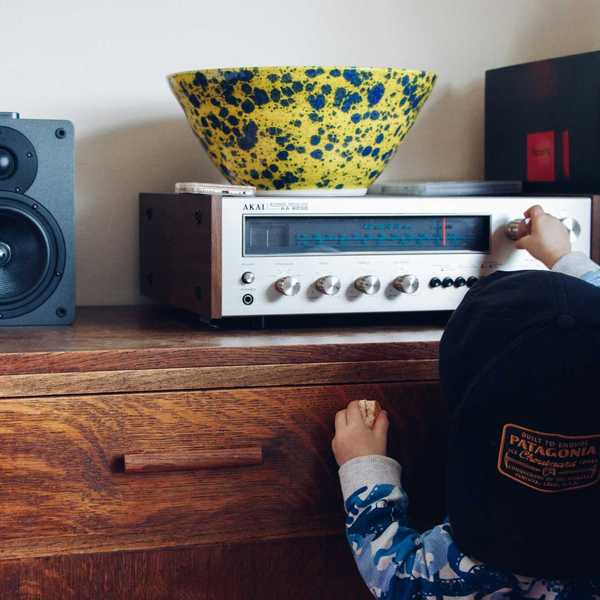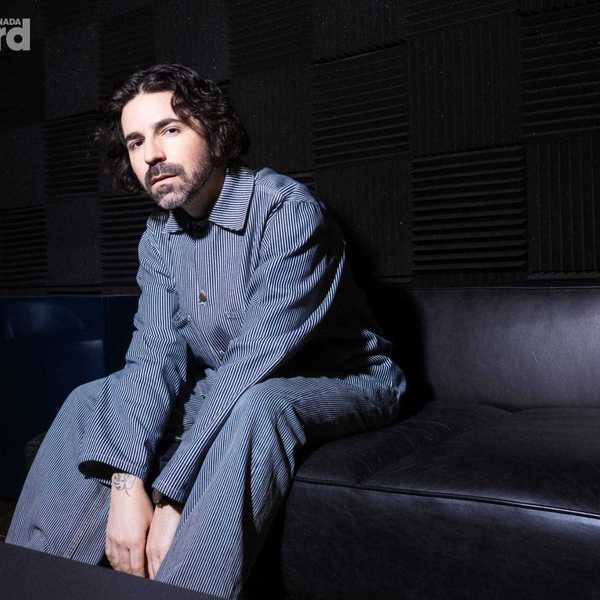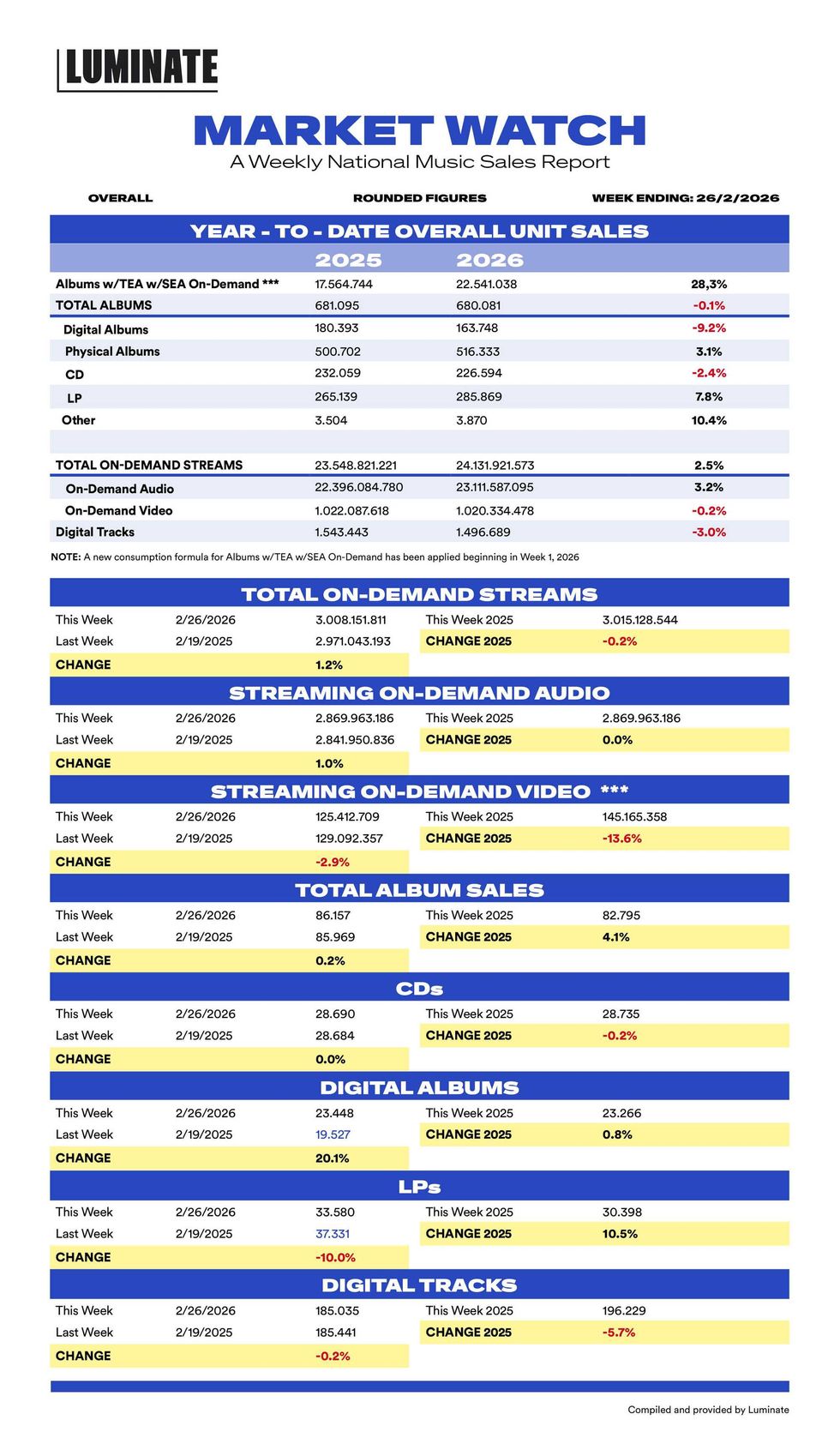Hugh Stephens Vs. Michael Geist: A Fair Play War Of Words
Hugh Stephens calls Michael Geist's criticisms of the FairPlay Canada Coalition a load of bosh and counters with an effective deconstruction of the Ottawa academic's public pulpit pounding against an independent piracy review committee.

By External Source
In the famous 1942 film Casablanca, Police Captain Louis Renault (Claude Rains) declares himself to be “shocked, shocked”, that gambling is going on in Rick’s (Humphrey Bogart’s) Bar, as Rains quietly palms his winnings while closing the bar.
This line has become synonymous with feigned outrage and is a good description of Michael’s Geist’s “exposés” of the FairPlay Canada Coalition campaign to convince the CRTC (Canada’s broadcasting and telecommunications regulator, aka the Commission) to adopt a process of requiring Internet Service Providers (ISPs) to block offshore websites that are “blatantly, overwhelmingly or structurally engaged” in content piracy. Using the Access to Information process, Geist has “revealed” that Bell Media, one of the leading elements in the Coalition, actively sought out support from various stakeholders, including George Brown College and Brock University.
This attempt to discredit the Coalition--and its arguments for site blocking as a means of controlling the growing problem of content piracy--by showing that its members engaged in broadening support for their position is, I imagine, supposed to imply some sort of underhanded dealing. Rather, I would suggest it is normal practice and is just a big “ho-hum”. A “nothing burger”.
It should come as no surprise that the members of the Coalition reached out to generate support for their position (lobbying if you will). That is an inherent part of the process of seeking regulatory change. There is nothing nefarious about mobilizing support from stakeholders and make no mistake, post-secondary educational institutions have a big stake in protecting legitimate content and its economic ecosystem.
In particular, institutions like George Brown College, Brock and Ryerson University (which also submitted a letter to the CRTC supporting the Coalition site blocking proposal) that offer applied programs in fields like media and performing arts, film studies, media production, sport media etc. have a part to play in ensuring that their graduates enter a world where creativity is rewarded and employment in creative industries is sustained.
Criticizing Coalition members for reaching out to contacts they work with in academia looks like an attempt conjure up a conspiracy.
Dr. Geist’s other ploy to undermine the credibility and bona fides of FairPlay Canada relates to informal discussions that Coalition representatives had with CRTC officials last year prior to the filing of their formal submission that proposed formation of an Independent Piracy Review Agency. This Agency would make blocking recommendations to the Commission, who would have the final decision. In another breathless “exposé”, Geist made the “revelation” that Coalition representatives were doing their job by engaging with officials as part of their preparatory work. I don’t know what world Michael Geist lives in but there is absolutely nothing unusual in a company, an association, or any advocacy group from having preliminary and informal meetings with government officials to discuss policy concerns, all the more so when no formal application has been filed.
I can attest to this from my own days in government. In fact, given that the CRTC’s mandate includes regulation of broadcasting and telecommunications carriers as well as “listening and collaborating” to and with Canadians (including industry stakeholders presumably), there is nothing unusual in an informal dialogue between CRTC officials and those whom they regulate. This point was reiterated by the CRTC which stated;
“The CRTC staff meet with all stakeholders, including consumer groups, on a regular basis. In doing this, [the stakeholders] are free to raise any issues that are not before the commission. So there is nothing procedurally unusual in this case.”
This did not stop Dr. Geist from declaring that the meetings raised “serious fairness concerns” because there were no counter arguments or a public airing at these informal meetings. That is like suggesting policy is developed in a vacuum, without discussion or feedback. Policymaking is an iterative process and proposals are continuously refined to address potential concerns. Once the proposal was fully fleshed out and submitted for formal consideration, there was a fully open public process mounted by the CRTC that attracted more than 10,000 submissions. That’s as it should be.
I have already commented that many of these submissions (against the proposal) were generated by a misleading online scare campaign, complete with the requisite “online petition” (just fill in the blanks) labelled “Don’t Censor Canada”, launched by the anti-copyright group Open Media. As Neil Turkowitz has pointed out, Open Media’s campaign is based on “deceit and obfuscation”. “Don’t Censor Canada” is a case of astroturfing at its finest.
–– Continue reading 'The Latest Tactics of those Opposed to “Piracy Site Blocking” in Canada: Try to Discredit the Process and the Proponents' on Hugh Stephens blog




